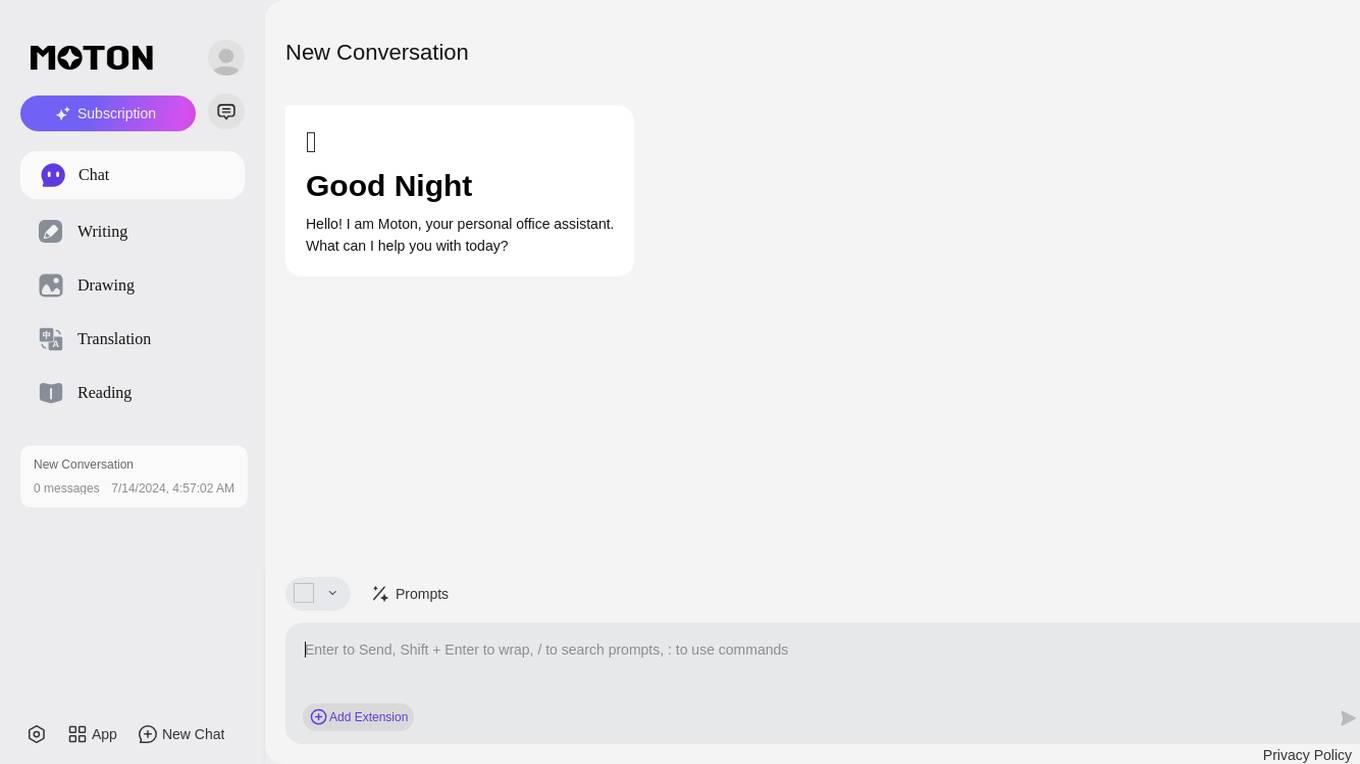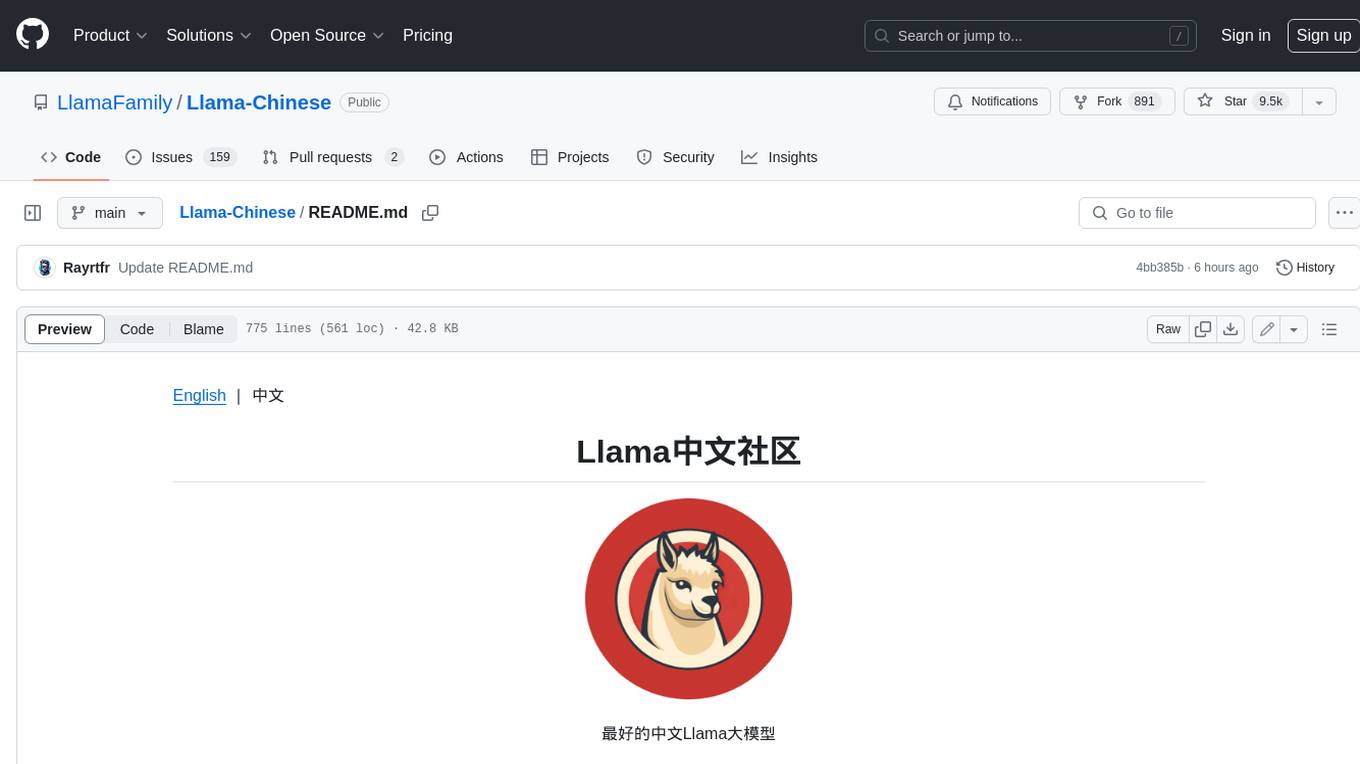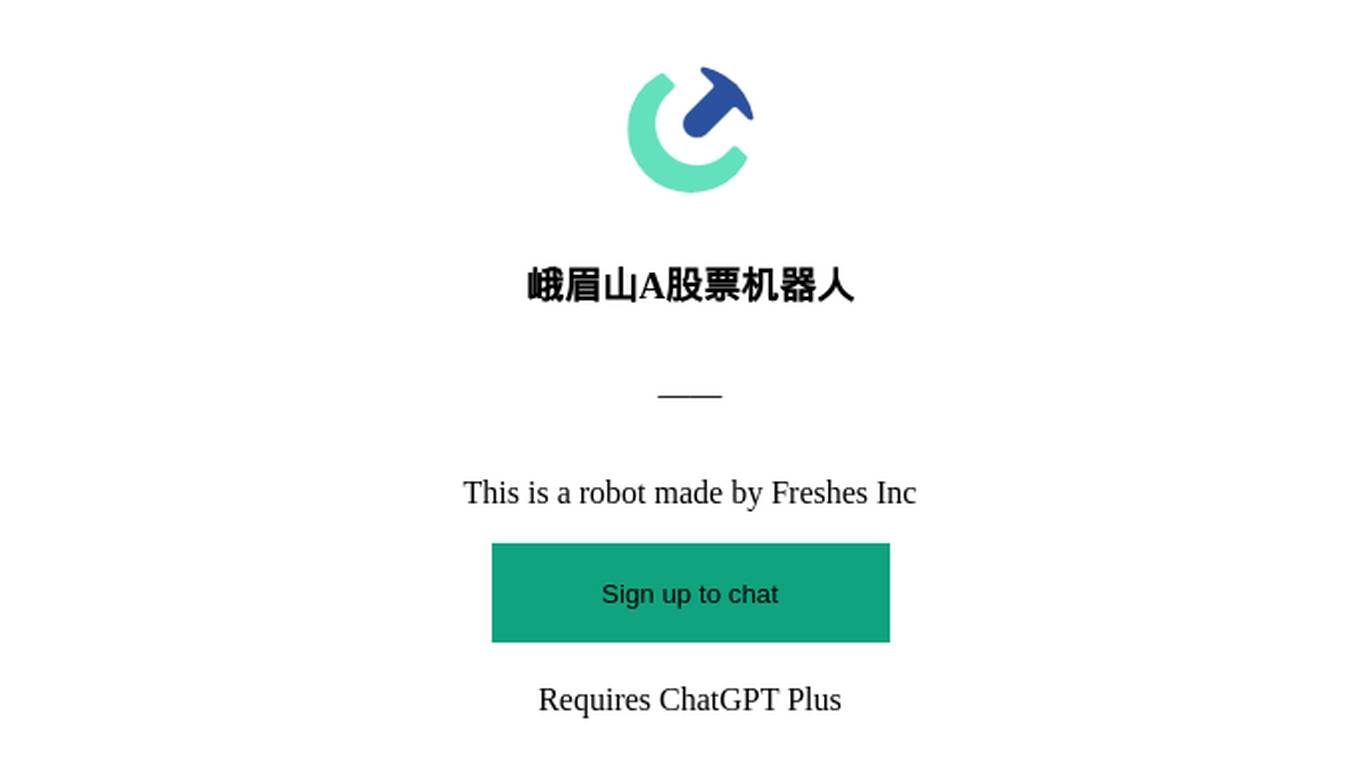Best AI tools for< 机器学习工程师 >
Infographic
3 - AI tool Sites

Cubox
Cubox is an AI-powered reading assistant designed to enhance learning by unlocking the full potential of highlighting and reading notes. It offers a comprehensive reading experience, allowing users to collect, read, annotate, share, and organize content seamlessly across devices. With features like browser extensions for easy saving and annotation, customizable styles, immersive reading views, and intelligent text parsing, Cubox is a beloved tool among creators, researchers, and readers alike.

Moton AI
Moton AI is an advanced artificial intelligence tool designed to streamline and optimize various business processes. It leverages cutting-edge machine learning algorithms to provide actionable insights and automate repetitive tasks. Moton AI empowers users to make data-driven decisions, enhance productivity, and improve overall efficiency. With its intuitive interface and powerful features, Moton AI is a valuable asset for businesses looking to stay ahead in today's competitive landscape.
Cambricon
Cambricon is an AI technology company that specializes in developing intelligent acceleration cards and systems. They offer a range of products including cloud AI acceleration cards, edge AI chips, and intelligent processing units. Cambricon's advanced chiplet technology and MLUarch03 architecture provide high-performance AI solutions for training and inference tasks. The company is dedicated to advancing the AI industry through innovative hardware and software platforms.
1 - Open Source Tools

Llama-Chinese
Llama中文社区是一个专注于Llama模型在中文方面的优化和上层建设的高级技术社区。 **已经基于大规模中文数据,从预训练开始对Llama2模型进行中文能力的持续迭代升级【Done】**。**正在对Llama3模型进行中文能力的持续迭代升级【Doing】** 我们热忱欢迎对大模型LLM充满热情的开发者和研究者加入我们的行列。
18 - OpenAI Gpts

Chinese Traditional Joke Bot (中国传统笑话机器人)
Telling Daily Jokes by Chinese Traditional Comedian ( 每天一个传统喜剧名家的笑话)
















